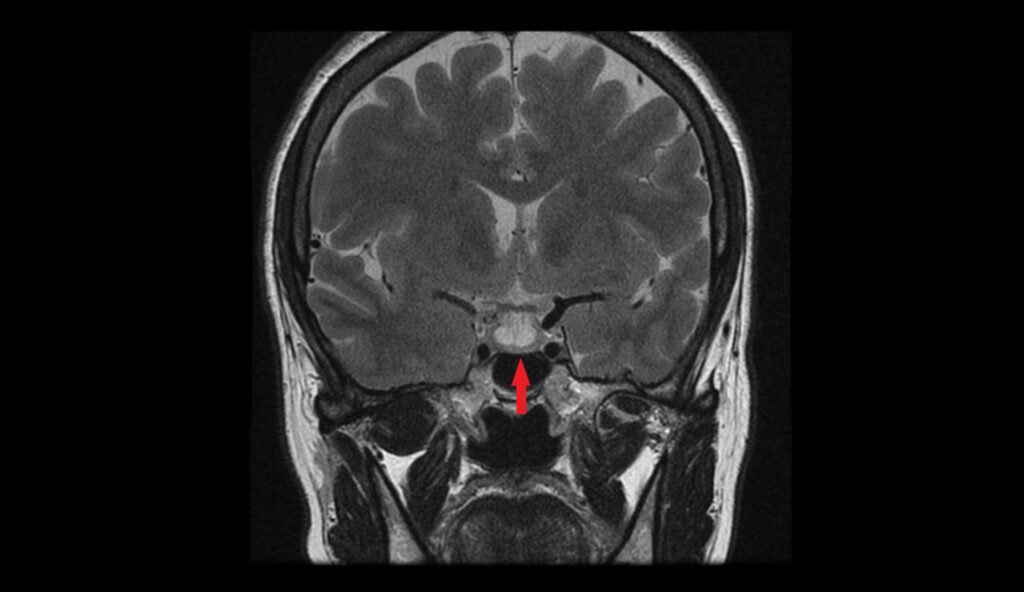
Probing Prolactin: When High Levels Raise Red Flags
We are excited to see so many of you join our FMEP courses. Several of...
0
When it came down to writing the CCFP exam, we asked over 50 residents who passed the exam what their strategy was. Here are some of the tips we got:
1. COMMON THEME: do not stress!
• Although there is a lot you need to know, the exam is fair and straightforward. Yes, they throw curve balls at you sometimes that you may answer incorrectly but for the most part, you are in the same boat as your peers and unless there have been some major red flags raised during your residency when it comes to your knowledge, you will surprise yourself with how much you know already even before you start studying.
2. Scheduling
• Studying for CCFP for most people begins about 3-4 months before the exam date. It starts slowly and most people ramp up their studying closer to 1.5 months with daily evening and weekend studying closer to the exam date. However, in hindsight, preparing for the exam should begin as soon as you start family medicine residency.
• As an R1, if you see a pregnant woman, go home in the evening and read about the SOGC guidelines on first trimester pregnancy. Your brain tends to retain material much better when you are actively seeking information versus when you are passively scrolling through topics. This is thought to be due to stronger connections forming in the hippocampus when you are able to link a case to a learned medical fact. You probably know this best yourself, that you often remember things better when they are around a patient case versus when you simply read an article as part of the weekly mandatory reading.
3. Don’t only study!
• There have been multiple articles published on the fact that people who exercise regularly, eat well, socialize and have a balanced work-life routine overall tend to do better on exams.
4. Create a plan
• This one might not work for everyone but many of our successful candidates stated that having a clear plan with a good organization of how they will break down the 99 topics helped to keep them on track. Most reviewed 2-3 topics a day with a focus on learning the most relevant clinical guidelines; they left the most important and difficult topics that were “substance-heavy†and that required repeated review (i.e. asthma guidelines, COPD guidelines, pregnancy guidelines, etc.) for the last week.
5. Resources
• There are several websites that are available to prepare for the CCFP exam.
Here are a few that other residents have used BUT be careful! Although these
are excellent resources to start off, unfortunately many of them are outdated. At the Family Medicine exam prep course, we set several hours aside each day to review each topic and have a designated team that looks at the most recent guidelines to ensure you are getting the most up-to-date material for your exam.
1) https://postgrad.familymed.ubc.ca/resident-resources/exam-information/exam-prep-resources/
2) https://ottawaresiliency.org/cfpc-exam-soo-samp/
3) https://99topics.drbouchard.ca
4) https://ccfpprep.com